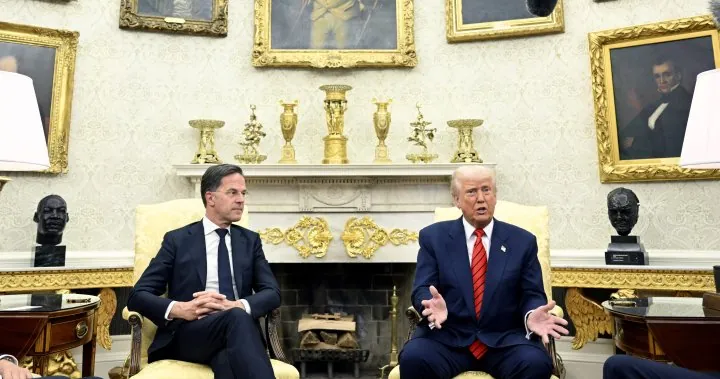
Trump Shocks World by Threatening to Acquire Canada and Greenland Next to NATO Chief
2025-03-13
Author: Michael
In a surprising turn of events, U.S. President Donald Trump openly reiterated his controversial ambition to acquire Canada and Greenland during a meeting with NATO Secretary-General Mark Rutte. The statement, made in the Oval Office, has raised eyebrows and sparked widespread debate.
"I think it will happen," Trump asserted when asked by a reporter about the possibility of the U.S. taking over Greenland. He seemed to be framing this idea as a strategic necessity for international security, turning to Rutte and saying, "Mark, we need that for international security."
Rutte, however, was quick to sidestep the contentious topic, indicating he did not want to involve NATO in discussions about U.S. territorial ambitions. Instead, he highlighted the essential importance of Arctic security and the collaboration among northern countries under U.S. leadership to counter growing threats from China and Russia.
Upon being questioned about tariffs affecting Canada, Trump reiterated his longstanding grievances regarding Canadian trade and ventured into a bold proposal: making Canada the 51st U.S. state. "If you look at a map, they drew an artificial line right through it... it makes no sense," he declared, challenging the geographical boundaries between the two nations.
While this suggests a friction-filled relationship, Rutte refrained from commenting on the implications of such statements for NATO, which includes both Canada and Denmark—Greenland's administering country. Moreover, Pete Hoekstra, Trump’s nominee for ambassador to Canada, emphasized during his confirmation hearing presented to U.S. senators that "Canada is a sovereign state," underlining the strength of the historical ties between the countries.
The discussion about Canada-U.S. relations wasn't isolated, as Ontario Premier Doug Ford and multiple Canadian federal officials were visiting Washington around the same time to negotiate trade and tariff plans. There's also a broader context involved, with G7 foreign ministers convening to deliberate on the ongoing challenges posed by tariffs and Trump’s remarks.
In a stark response to Trump's comments, Canadian officials—supported by incoming Prime Minister Mark Carney—have repeatedly stated that Canada will categorically remain an independent nation.
Interestingly, Trump's controversial rhetoric has ignited a wave of Canadian nationalism, with recent polls indicating that almost 70% of Canadians view Americans unfavorably due to rising tariffs.
Despite the importing officials' efforts to foster cooperative relations, Trump has firmly positioned himself against any reduction of tariffs, asserting, "I won’t change my mind." Meanwhile, other world leaders at NATO have largely refrained from criticizing Trump's stance on Canada’s sovereignty directly, further complicating the political landscape.
British Prime Minister Keir Starmer, addressing the issue in Parliament, reiterated the United Kingdom’s support for Canada, stating that they stand firmly alongside their ally amidst the tumultuous waters of geopolitical negotiations.
As for Greenland, the recent parliamentary elections have produced a likely new leader, Jens-Frederik Nielsen, who without hesitation rejected Trump's overtures, expressing a sentiment resonating broadly with local voters: "We don’t want to be Americans."
As tensions rise and global dynamics shift, Trump's hints at annexation underscore the complexities of international relations in a world where national sovereignty faces new challenges. The continuing developments promise to keep both political analysts and citizens alike engaged in what could be one of the most significant geopolitical dialogues of our time.

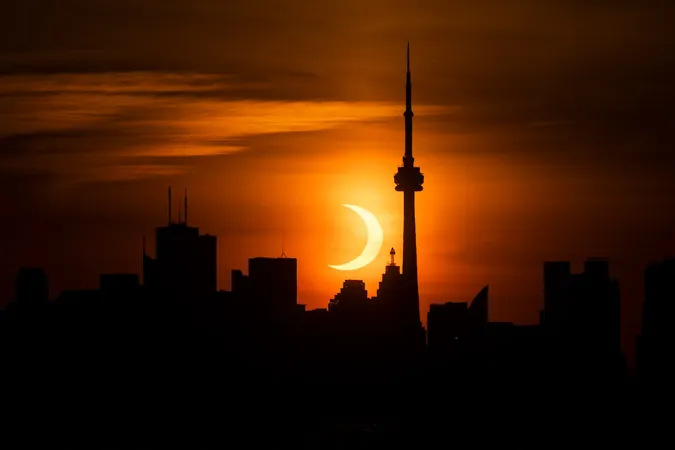
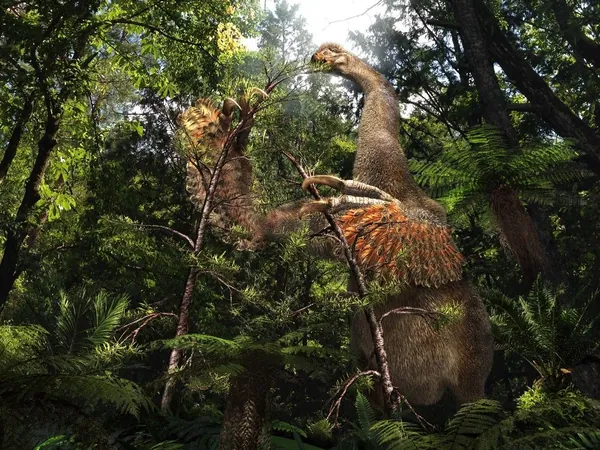
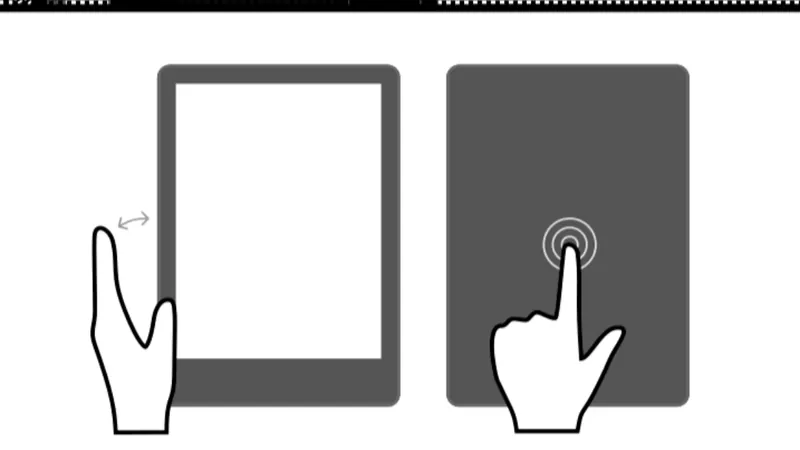
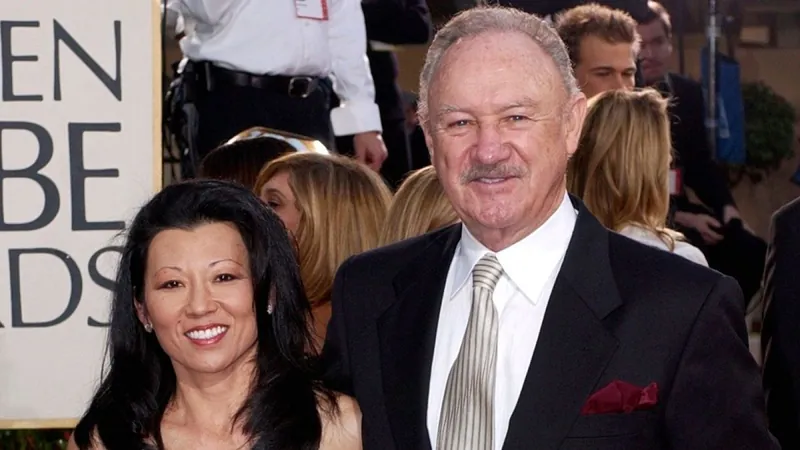

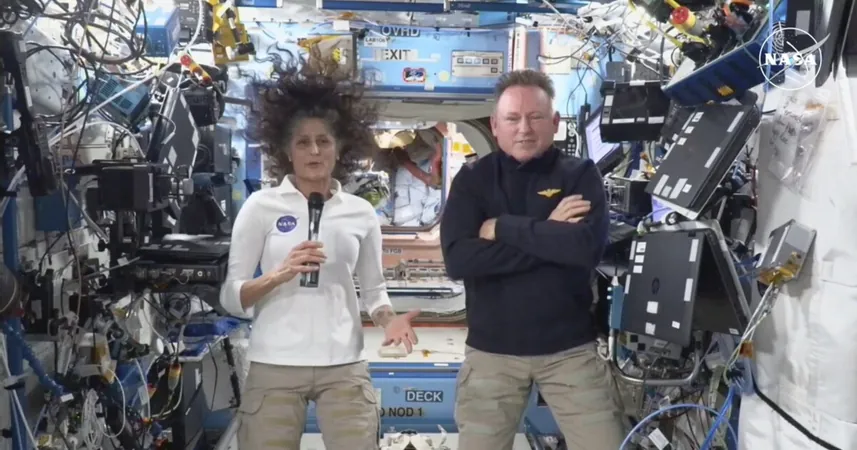
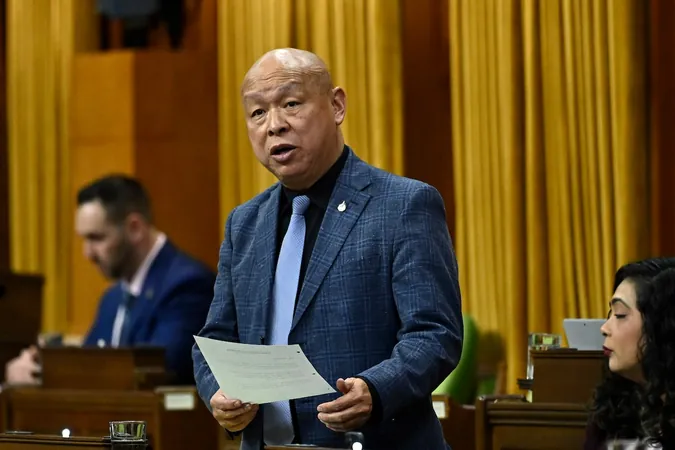
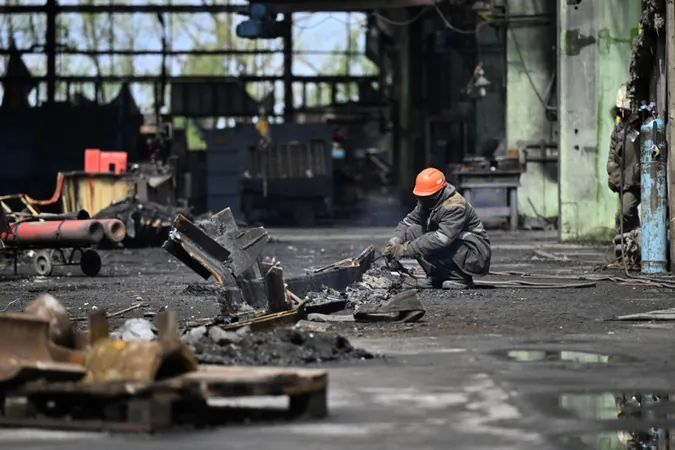
 Brasil (PT)
Brasil (PT)
 Canada (EN)
Canada (EN)
 Chile (ES)
Chile (ES)
 Česko (CS)
Česko (CS)
 대한민국 (KO)
대한민국 (KO)
 España (ES)
España (ES)
 France (FR)
France (FR)
 Hong Kong (EN)
Hong Kong (EN)
 Italia (IT)
Italia (IT)
 日本 (JA)
日本 (JA)
 Magyarország (HU)
Magyarország (HU)
 Norge (NO)
Norge (NO)
 Polska (PL)
Polska (PL)
 Schweiz (DE)
Schweiz (DE)
 Singapore (EN)
Singapore (EN)
 Sverige (SV)
Sverige (SV)
 Suomi (FI)
Suomi (FI)
 Türkiye (TR)
Türkiye (TR)
 الإمارات العربية المتحدة (AR)
الإمارات العربية المتحدة (AR)